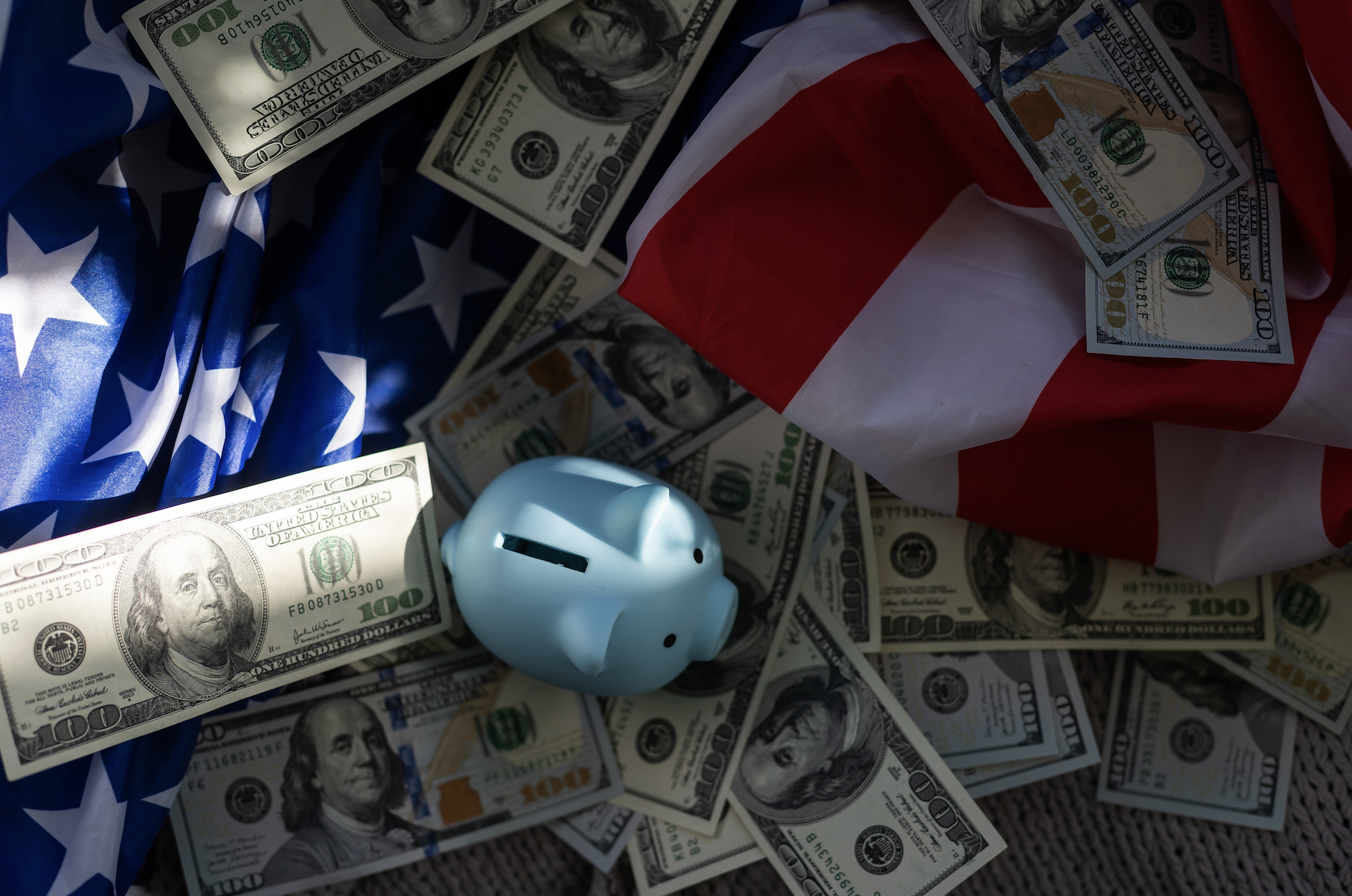Each state is potentially holding millions of dollars in unclaimed property at any one time. So precisely what is unclaimed property? Unclaimed property consists of accounts with banks or other financial institutions or property with companies that have seen no activity for at least a year.
Unclaimed property is a type of financial asset or physical property abandoned by its owner. It is in the state’s custody until it can be returned to its rightful owner. This property type can take many forms, including bank accounts, stocks, bonds, uncashed checks, safety deposit box contents, and other financial assets.
Unclaimed property could be a savings account with no deposits or withdrawals; or a retirement account with no deposits. It also includes uncashed checks for dividends, payroll, or security deposits. It may even be contents from a safety deposit box that was long forgotten.
FACT: There Are Billions of Dollars in Unclaimed Money
Unclaimed money is a significant problem in the United States. According to the National Association of Unclaimed Property Administrators, the total value of unclaimed property is estimated to be more than $70 billion. The state holds this unclaimed property, but the state doesn’t own it – they act as custodians until the rightful owner can be found.
Many people may be surprised to learn that they have unclaimed money in their name. This can include various financial assets such as bank accounts, insurance policies, and investments. When these assets go unclaimed, the financial institution or company holding them is required by law to turn them over to the state’s unclaimed property division.
How does so much property become unclaimed?
There are several reasons why property becomes unclaimed. One of the most common reasons is when the owner moves and fails to update their address with the account’s financial institution. This can also happen when a person dies, and their heirs are unaware of their inherited assets. Additionally, some people may simply forget about an account or asset they opened, especially if it has a low balance or value.
Why aren’t states trying harder to contact me about my unclaimed property?
While states do try to reunite owners with their unclaimed property, it is challenging to locate the rightful owners. States typically rely on the address the financial institution provides, which may be outdated. Moreover, it is not always clear who the rightful owner of an asset is, especially if the original owner has passed away without naming any beneficiaries.
Another reason states may not contact you about your unclaimed property is that they are not obligated to do so. The owner is responsible for claiming their unclaimed property by searching state databases and filing a claim.
How to Find Unclaimed Property
Most states maintain a unique website dedicated to unclaimed property. In other words, there is no centralized database to search for your funds. If the property is in a state that you did not realize a family member had worked or lived you won’t know unless you search that state.
It is up to you to find any property that belongs to you. In addition, they do not notify survivors of any property in deceased family members’ names. So, it may be a good idea to check these sites randomly when a change occurs in the family circumstances.
Conclusion
Unclaimed property is a common issue affecting millions in the US. Unfortunately, the volume of unclaimed property in each state makes it difficult for officials to contact everyone entitled to claim it.
To prevent your assets from becoming unclaimed property, keep an updated list of accounts and periodically check unclaimed property websites. Taking the time to search for any unclaimed property waiting for you may lead to a pleasant surprise.
